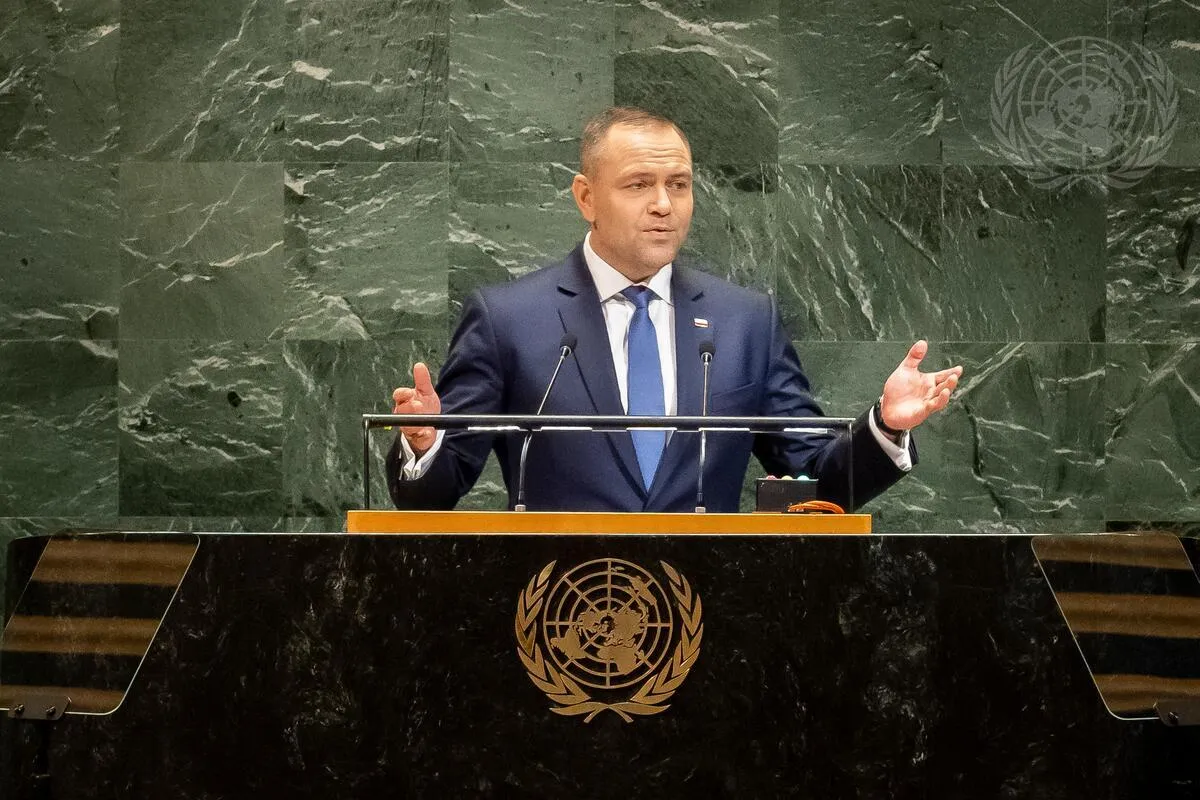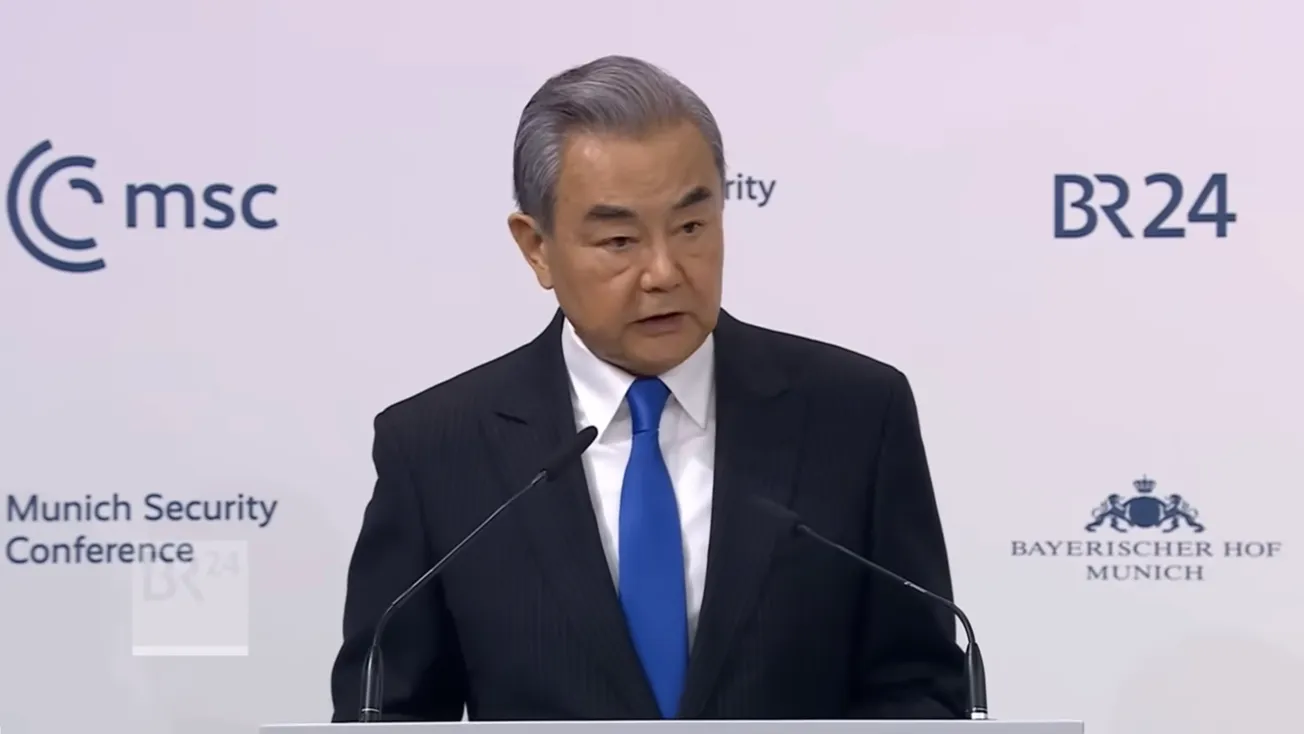While Israel continues to insist that its military operation in Rafah is “limited” and “localized,” Israeli Defense Minister Yoav Gallant announced yesterday that the army would send more troops to “intensify” its ground invasion into this suffering city. Gallant boasted “we are wearing Hamas down.” Israel claims that there are six Hamas battalions now in Rafah along with hostages that were taken on Oct. 7, and two other battalions in central Gaza.
In his latest column, “Bibi Goes to Rafah” Seymour Hersh reports that the Israel Defense Forces (IDF) has flooded 5 of 12 Hamas tunnels under Rafah, and “a few battle-hardened Israeli battalions, whose ranks include many combat engineers skilled in demolition, are working their way in the dark and booby-trapped tunnels toward Yahya Sinwar, the Hamas leader who is Netanyahu’s ultimate target.” According to an informed American official cited by Hersh, Netanyahu has promised that “all in the tunnels are going to die.”
An estimated 730,000 Palestinians have fled Rafah. The UN’s Office of the Coordinator of Humanitarian Affairs (OCHA) reports that a total of 285 sq km or about 78% of the Gaza Strip are now subject to the IDF’s evacuation orders. It reports continuous bombardment “from the air, land and sea … across much of the Gaza Strip.”
In the north, there have been IDF ground incursions and heavy fighting in the Jabalia refugee camp and also in Deir al Balah in central Gaza. Israeli tanks pushed into the very center of Jabalia, facing anti-tank rockets and mortar bombs from Hamas militants. Al Jazeera reports there are casualties on both sides, and that Israeli tanks and jets have wiped out “almost everything” in Jabalia. According to the Times of Israel, the IDF reports having killed 200 Hamas gunmen here. Even though Jabalia had previously been “cleared” by the IDF, it apparently hadn’t gone deep enough into the camp to find Hamas militants who were based there.
The crossing at Rafah remains closed. Israel is demanding that Egypt join it in overseeing the Rafah crossing but Egypt refuses, insisting that only Palestinians should do this. The World Food Program, meanwhile, warns that “multiple entry points for aid are required to reverse six months of near starvation conditions and avert a famine.” A steady flow of food supplies are required every day, every week, it warns. “The threat of famine in Gaza never loomed larger.”





